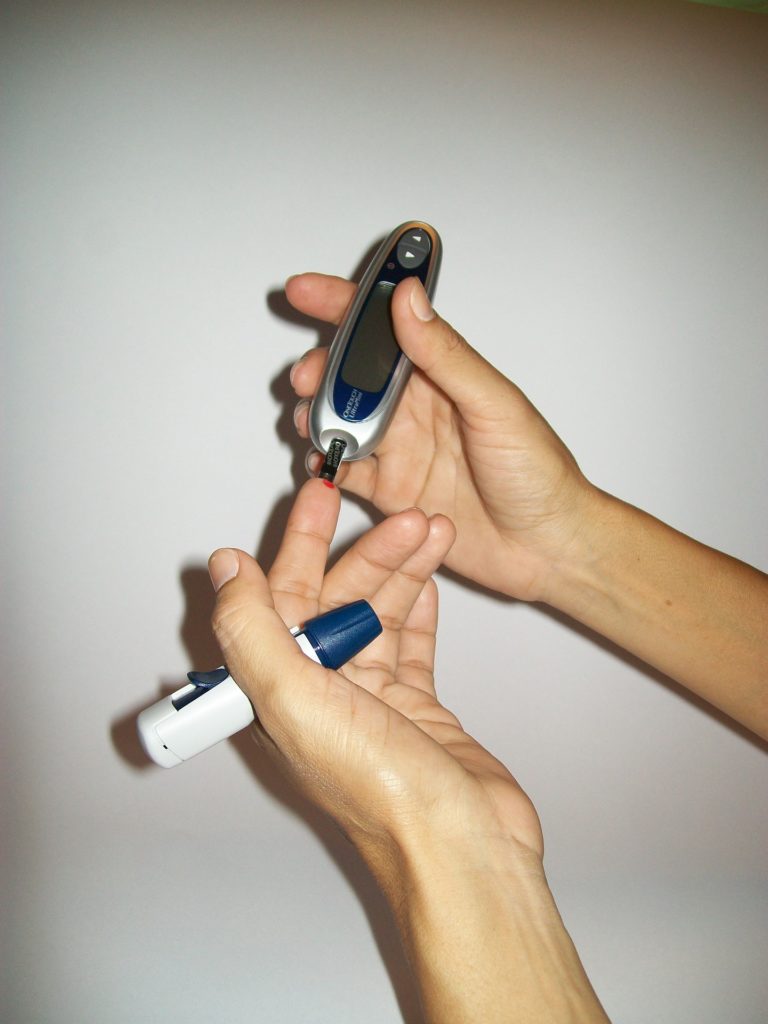The largest study of people with type 1 diabetes admitted to hospital with COVID-19 has found that those with higher body mass index (BMI), poorer kidney function and the presence of microvascular complications were at greater risk of death and/or admission to intensive care.

However, the study, supported by the NIHR Oxford Biomedical Research Centre, also found that risk of severe COVID-19 was very low in people with type 1 diabetes who are under 55 years of age without microvascular or macrovascular disease.
This national audit, which began in September 2020, is a collaborative project with the Association of British Clinical Diabetologists (ABCD) that has brought together clinical researchers from 40 NHS centres with data scientists and informaticians at Oxford University Hospitals (OUH) NHS Foundation Trust and the University of Oxford.
Anonymised data on more than 3,300 people admitted with both diabetes and COVID from across the UK were transferred to the National Institute for Health Research (NIHR) Health Informatics Collaborative (HIC) Coordinating Centre at OUH, where they were entered into a novel database and analysed.
The researchers found that there was a 27% mortality in the almost 200 people with type 1 diabetes who were entered into the database.
In contrast, there was no mortality among patients with type 1 diabetes under 55 years old and with no complications from their diabetes.
The study was published as an open access paper in the journal Diabetologia.
The lead author, OUH diabetes consultant Dr Rustam Rea, said: “We wanted to identify the risk factors associated with severe COVID-19 among adults with type 1 diabetes, and analysis of the data has shown that BMI, poor renal function and having one or more microvascular complications were associated with poorer outcomes – death or admission to ICU.
“What was reassuring was that there were no deaths among people under the age of 55 without complications relating to their diabetes.”
He added: “We’d like to thank the 40 NHS centres that contributed important data to this study. The resulting database is a unique resource that is supporting a range of different analyses and revealing important insights into the effects of COVID-19 and related treatments for people with diabetes. We expect to publish more findings from this collaborative project in the coming months.”